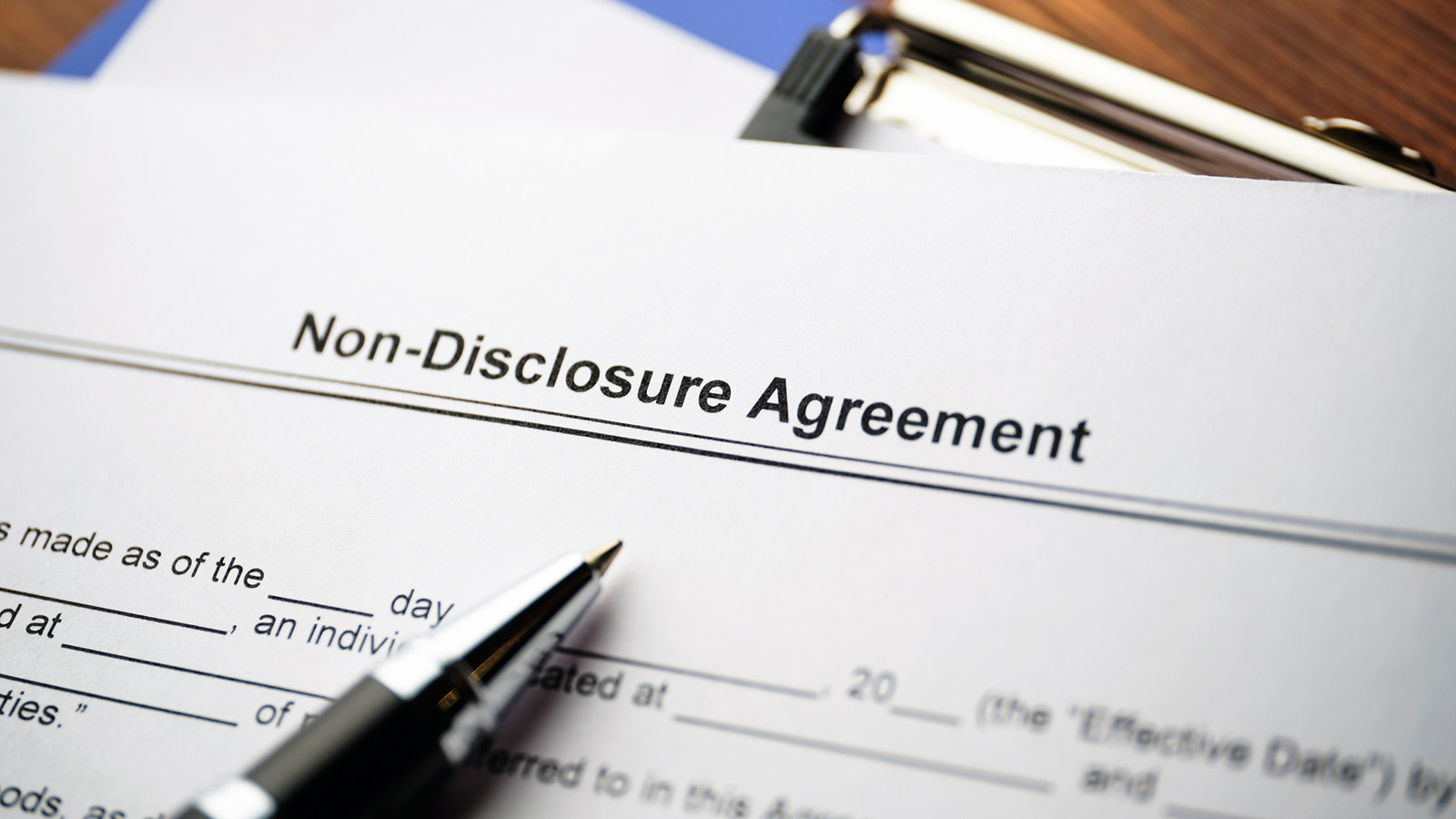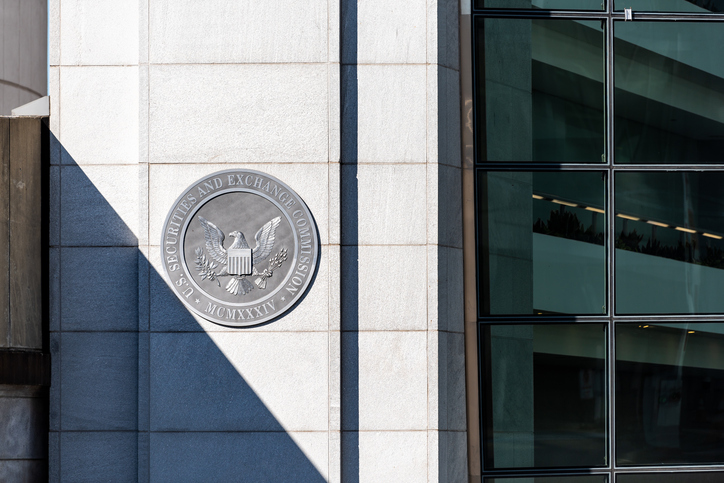Updated
May 14, 2025

Accounting fraud occurs when a company intentionally manipulates its financial statements to create a false impression of strong financial health. This type of fraud is done for several reasons, primarily by corporations who want to hide large risks from investors to preserve shareholder value.
Insiders who bring information about accounting fraud to the Securities and Exchange Commission (SEC), Commodities Futures Trading Commission (CFTC), or the Internal Revenue Service (IRS) may be eligible for a whistleblower reward.
Continue reading to learn more about accounting fraud, the award programs available by the various agencies, and how you can anonymously report your concerns.
Former SEC Commissioner Allison Herren Lee Joins Kohn, Kohn & Colapinto as Of Counsel
Allison Herren Lee, once an acting chair and commissioner at the SEC, is now an esteemed member of the Kohn, Kohn & Colapinto team, serving as Of Counsel. Her vast expertise in the Dodd-Frank Act and the SEC Whistleblower Program positions her to effectively represent whistleblowers, aiding them in their quest for rewards. If you are an SEC whistleblower ready to disclose a concern confidentially, our experienced team, which now includes Allison Lee, is at your disposal. Reach out to our law firm today for a confidential conversation.
Understanding Accounting Fraud
Accounting fraud generally involves an employee of a publicly-traded company, such as an accountant or CFO, submitting false information on a required financial form, which the public will have access to in order to make educated investment decisions.
Investment decisions are likely to be ill-informed if the financial statements are fraudulent. As a result, the potential for an undisclosed company risk may present itself in the form of a scandal or accident, resulting in investors selling off their shares and causing the stock to plummet.
There are other terms for accounting fraud, including “fudging the numbers,” “creative accounting,” and “cooking the books.” All of these refer to the illegal alteration of a company’s financial statements. There are several common forms of accounting fraud, including:
- Misrepresenting revenues or expenses: This involves inflating or deflating financial statements in order to present a more favorable financial picture. For example, a company may inflate its revenues by recording false sales or understating its expenses.
- Concealing liabilities: This involves hiding or failing to disclose certain liabilities, such as outstanding debts or pending lawsuits, in order to make the company appear more financially stable.
- Improper accounting methods: This involves using methods that do not comply with generally accepted accounting principles (GAAP) to manipulate financial statements. For example, a company may use creative accounting methods to avoid recognizing losses or expenses.
- Misusing assets: This involves using company assets for personal gain or to benefit friends or family members. For example, a company may use company funds to pay for personal expenses or allow employees to use company assets for personal use.
- Ponzi schemes: A Ponzi scheme is a fraudulent investment scheme in which returns are paid to existing investors from funds contributed by new investors rather than from profit earned. This creates the illusion of a successful enterprise and can lure in more investors, allowing the scheme to continue until it collapses, leaving the initial investors without money.
Did you know you can receive a reward for reporting accounting fraud? Continue reading for more on whistleblower reward laws.
Whistleblower Rewards
Whistleblowers who report accounting fraud can be rewarded for their bravery and willingness to stand up against fraudulent behavior. These rewards can come in the form of financial compensation, protection from retaliation, and a sense of satisfaction in knowing that they have helped prevent further illegal activity.
Three of the most well-known reward programs for whistleblowers are the SEC Office of the Whistleblower, the Commodity Futures Trading Commission (CFTC) whistleblower program, and the IRS Whistleblower Program. Other agencies and awards may also be available depending on the type of accounting fraud.
Under these programs, individuals who provide information that leads to the successful enforcement of a securities or commodities law violation can be eligible for a reward of up to 30% of the monetary sanctions collected. This award can result in significant financial compensation for the whistleblower, as well as a sense of satisfaction in knowing that they have helped to protect investors and the integrity of the financial markets.
Recent Award Orders:
[List of recent whistleblower rewards for accounting fraud]
In addition to the financial rewards available through the SEC’s whistleblower program, the CFTC whistleblower program and legal protections are in place to prevent retaliation against whistleblowers. The Dodd-Frank Wall Street Reform and Consumer Protection Act specifically prohibit employers from retaliating against individuals who report accounting fraud. This protection can provide peace of mind to whistleblowers who may be concerned about potential repercussions for speaking out.
Beyond the financial and legal rewards, whistleblowers who report accounting fraud can also experience a sense of satisfaction in knowing that they have helped to prevent further illegal activity. Whistleblowers play a crucial role in detecting and stopping fraudulent behavior, and their actions can significantly impact the integrity of the financial markets.
How to Report Accounting Fraud
If you suspect that accounting fraud is taking place in your business or organization, it is important to report it immediately. Here are some steps to take to report accounting fraud:
- Gather evidence: before you make a report, it is important to gather as much evidence as possible. This may include financial statements, bank statements, emails, or other documents that support your allegations.
- Find an attorney: if you are unsure of how to proceed or if you are concerned about potential legal repercussions, seek the advice of a lawyer. A lawyer can provide guidance on your options and help you navigate the legal process.
- Contact regulators: with your attorney, contact the appropriate regulatory agency, such as the Securities and Exchange Commission (SEC), the Commodities Commodity Futures Trading Commission (CFTC), or the Internal Revenue Service (IRS).
- Agency investigation: once you’ve contacted the regulatory agency, you’ll need to continue providing them with evidence and detailed information about the fraud. If you are anonymous, your attorney will work with the agency on your behalf.
- Following up: Follow up with the authorities to ensure that your report is being investigated and that appropriate action is taken.
It is important to note that reporting accounting fraud is not only a legal responsibility but also a moral obligation to protect investors and the integrity of the financial markets.
Accounting Fraud Cases
General Electric Co.
The GE accounting scandal involved the company’s improper accounting practices and misstatements of earnings. The scandal came to light in 2018 when the company disclosed that it had overstated earnings by billions of dollars over several years.
The improper accounting practices included booking revenue from long-term service contracts as immediate revenue, failing to properly account for insurance reserves, and manipulating the timing of revenue recognition. These practices allowed the company to artificially inflate its earnings and mislead investors.
The scandal resulted in significant financial losses for the company and its shareholders and damage to its reputation. The company faced investigations and legal action from regulators and investors. It also implemented new accounting practices and management changes to prevent future accounting issues.
Enron, Sherron Watkins
Sherron Watkins was a vice president at Enron Corporation who blew the whistle on the company’s fraudulent accounting practices. She wrote a letter to the company’s CEO, Kenneth Lay, detailing her concerns and warning him of the potential consequences if the company’s financial misconduct was not addressed.
Despite her efforts, Enron declared bankruptcy in December 2001 and was subsequently investigated by the U.S. Securities and Exchange Commission. Watkins’ actions were praised by many, including U.S. Congress, and she was named one of Time Magazine’s “Persons of the Year” in 2002.
WorldCom
The WorldCom fraud scandal was a financial scandal that occurred in the early 2000s. The company, one of the world’s largest telecommunications firms, was found to have committed accounting fraud to inflate its earnings and mislead investors.
The fraud involved the misclassification of expenses as capital expenditures, which allowed the company to hide over $3.8 billion in losses from investors and regulatory agencies. The scandal came to light in 2002 when an internal audit discovered the fraudulent activity, leading to the resignation of CEO Bernard Ebbers and several other high-ranking executives.
The company filed for bankruptcy in July of that year and was eventually acquired by Verizon Communications. The scandal resulted in significant financial losses for investors, damage to the company’s reputation, and increased scrutiny of corporate accounting practices.
Frequently Asked Questions
Our Firm’s Cases

$125 Million in Awards
We have successfully represented a number of SEC whistleblowers, preserving their anonymity and securing sizable whistleblower rewards. In one case, we helped our client receive one of the ten largest whistleblower awards ever granted by the SEC.






